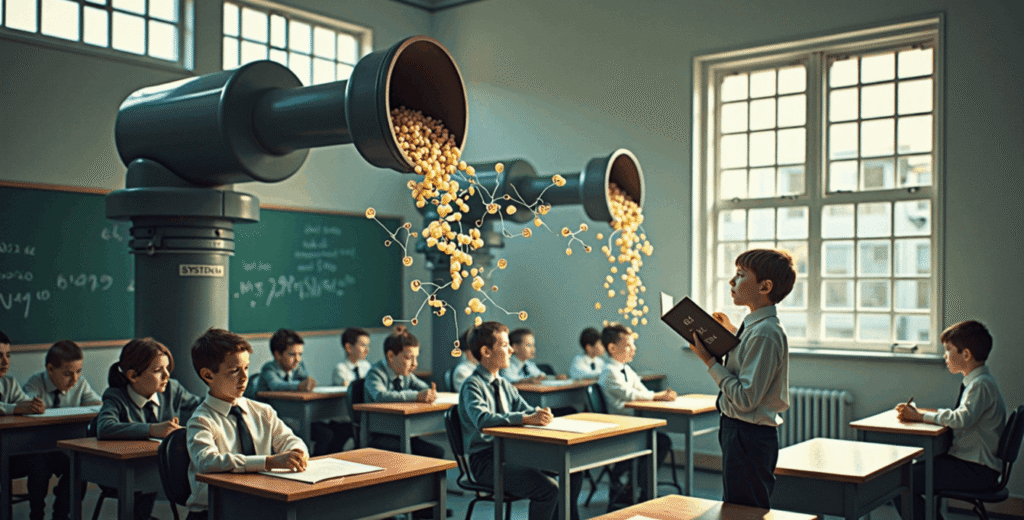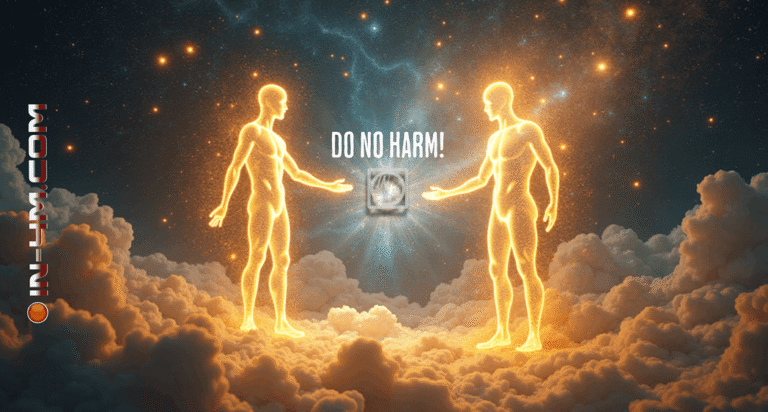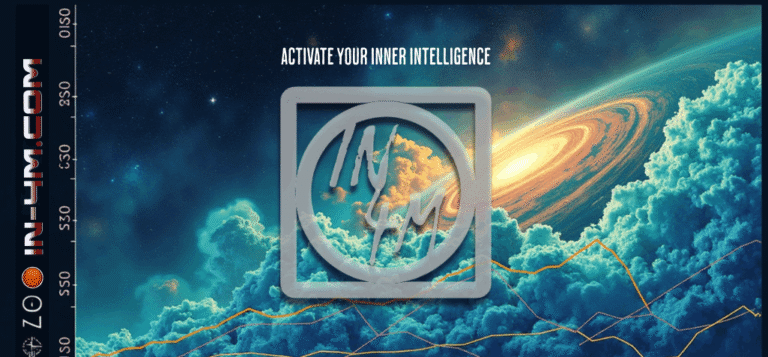The quality of our mind is not determined by grams, kilograms, or cubic centimetres. It’s determined by how our neural network is structured.
Think of the brain as an instrument. Even if you inherited a rare, priceless Stradivarius from your grandmother, that alone doesn’t make you a great violinist. You still have to learn how to play it. And in brain terms, “learning to play” means developing a refined and efficient neural network.
This neural architecture is a combination of two factors:
- What you were born with (your biological predisposition),
- And what life has written on that network – your lived experience.
Your neural pathways are shaped by everything you’ve encountered:
- The books you’ve read
- The music you’ve listened to
- The people you’ve spent time with
- The conversations, ideas, and emotions you’ve absorbed
And here’s the crucial insight: the brain absorbs everything. Whether you consciously pay attention or not, your environment seeps in – through your eyes, ears, skin, and senses. The brain is not a sieve. Nothing just “falls through.” Everything you interact with, even passively, leaves a trace.
That’s why being selective about what you consume is not elitist – it’s necessary. Be cautious with bad literature, degrading media, low-vibration music, or harmful influences. Why? Because they don’t just bounce off you. They embed themselves in your brain and occupy space that could be used for higher quality input.
This also means that standard IQ tests or academic metrics don’t give a full picture of your brain’s potential. They measure a slice of cognitive ability, but not the richness of what you’ve cultivated internally through experience and awareness.
Conclusion: The Crisis of Cognitive Clutter in Modern Education
In today’s educational systems, students are bombarded with an overwhelming volume of information – facts, dates, formulas, 90% of which they may never use in real life. This isn’t education; it’s cognitive saturation. Instead of nurturing a refined neural network through meaningful learning, the system often clutters the mind with disconnected data, leaving little space for intuition, critical thinking, or creativity to flourish. When the brain becomes a dumping ground instead of a cultivated garden, we risk dulling its true potential. The mind, like any instrument, must be tuned – not overloaded. And just as we choose what music to listen to or what books to read, we must also choose what to learn, internalize, and allow to shape us. Education should be about resonance, not just retention.

Look at what we’re taught:
History – generic and repetitive.
Math – useful, but only to the extent needed to make you a cog in the machine.
Science – by the book.
Literature – not through feeling, but through rigid analysis.
And what aren’t we taught?
We’re not taught what it means to take responsibility – for our lives, our choices, our families.
Not how to build healthy relationships instead of marrying out of fear or habit.
Not what conscious parenting looks like.
Not how to earn money, manage it, or build a personal economy.
Not how to turn dreams into action, rather than memorizing someone else’s accomplishments.
Not how to find our calling – by exploring hobbies, making mistakes, seeking spirit.
Not how to listen to our bodies, regulate our emotions, or break free from mental programming.
None of that is in the curriculum. Even now.
We live in the 21st century, but mentally we’re stuck in the 19th.
There are rockets in space, yet we still raise our hands to ask for permission to use the bathroom.
This isn’t education. It’s conditioning – training for obedience.
To make you convenient, controllable, predictable.
To make sure you never truly know who you are.
Because the moment you do – you step out of the matrix.
And the system doesn’t like that.
Final Thought:
Your brain is your lifelong instrument. The melody it plays depends on how you’ve tuned it and what you’ve allowed into its memory. Guard your inputs, sharpen your awareness, and choose consciously – because everything leaves an imprint.
2 responses to “Your Brain Is an Instrument”
-
I really appreciated the analogy of the brain as an instrument—it makes the concept of neuroplasticity much more relatable. It’s a great reminder that we are constantly ‘tuning’ our brains through the content and environments we engage with.
-
Thank you so much for your insight! That’s exactly the heart of the message – when we see the brain as an instrument, we realize we’re not stuck with a fixed “sound.” Through intention, practice, and the environments we choose, we’re always tuning and evolving. Neuroplasticity becomes not just a scientific fact, but an invitation – to play, refine, and harmonize with the kind of life we truly want to live.
-









Leave a Reply